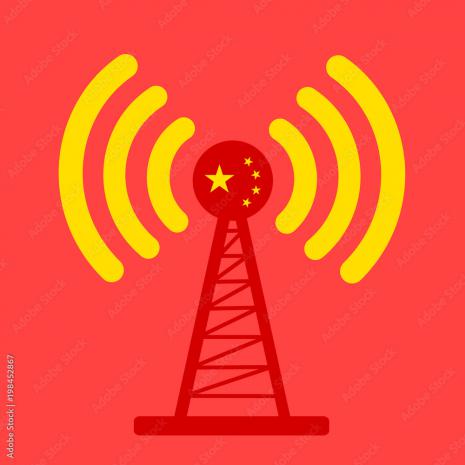
Breaking News
 Why Doug Band's Upcoming Testimony to House Oversight on the Epstein Investigation...
Why Doug Band's Upcoming Testimony to House Oversight on the Epstein Investigation...
 Iran War Day Four: Shifting US Narratives As Skepticism Grows
Iran War Day Four: Shifting US Narratives As Skepticism Grows
 Age Verification Mandates: The 'Protect the Kids' Scam That's Building a Permanent Surve
Age Verification Mandates: The 'Protect the Kids' Scam That's Building a Permanent Surve
Top Tech News
 US particle accelerators turn nuclear waste into electricity, cut radioactive life by 99.7%
US particle accelerators turn nuclear waste into electricity, cut radioactive life by 99.7%
 Blast Them: A Rutgers Scientist Uses Lasers to Kill Weeds
Blast Them: A Rutgers Scientist Uses Lasers to Kill Weeds
 H100 GPUs that cost $40,000 new are now selling for around $6,000 on eBay, an 85% drop.
H100 GPUs that cost $40,000 new are now selling for around $6,000 on eBay, an 85% drop.
 We finally know exactly why spider silk is stronger than steel.
We finally know exactly why spider silk is stronger than steel.
 She ran out of options at 12. Then her own cells came back to save her.
She ran out of options at 12. Then her own cells came back to save her.
 A cardiovascular revolution is silently unfolding in cardiac intervention labs.
A cardiovascular revolution is silently unfolding in cardiac intervention labs.
 DARPA chooses two to develop insect-size robots for complex jobs like disaster relief...
DARPA chooses two to develop insect-size robots for complex jobs like disaster relief...
 Multimaterial 3D printer builds fully functional electric motor from scratch in hours
Multimaterial 3D printer builds fully functional electric motor from scratch in hours
 WindRunner: The largest cargo aircraft ever to be built, capable of carrying six Chinooks
WindRunner: The largest cargo aircraft ever to be built, capable of carrying six Chinooks
The Sprawling Radio Network That China's Firewall Can't Stop

A pocket-size shortwave radio.
For three years, Mr. Chen looked forward to the hours after curfew. With a blanket wrapped over his head and the radio's metal antenna parallel to his body, he lay still as the vibrating device under his ear brought to life a world outside the prison's walls. Petitioners, protesters, human rights abuses, a grassroots movement to cut ties with the Chinese Communist Party (CCP)—in that tiny murmuring voice, he saw them all. He was free.
Over the decade since Mr. Chen escaped to the United States, the pool of Western broadcasters for information-hungry Chinese like him has shrunk considerably.
Radio powerhouses—BBC, Deutsche Welle, Voice of America—have either cut back on their China service or moved programs online. Meanwhile, the "Great Firewall," the regime's censorship apparatus aimed at isolating China digitally, seems only to grow taller by the day.
Bucking the trend is a largely volunteer-run radio network called Sound of Hope, whose 10 p.m. and midnight segments kept Mr. Chen informed about current affairs in China during his years in prison.
The company now boasts one of the largest shortwave broadcasting networks around China, with about 120 stations beaming signals to China 24/7.
Allen Zeng, Sound of Hope's co-founder and CEO, sees shortwave as the answer to the regime's information blackout.
"They can turn off the internet, carry out the killing, wash clean the blood, and turn it back on," he told The Epoch Times, pointing to Iran's pattern of blocking the internet during nationwide protests.
With shortwave radio, though, "they have nowhere to turn it off," Mr. Zeng said.
"It's like the rain falling down from the sky—they have no way to block the sky."

 Geniuses on Education
Geniuses on Education
 RNA Crop Spray: Should We Be Worried?
RNA Crop Spray: Should We Be Worried?

